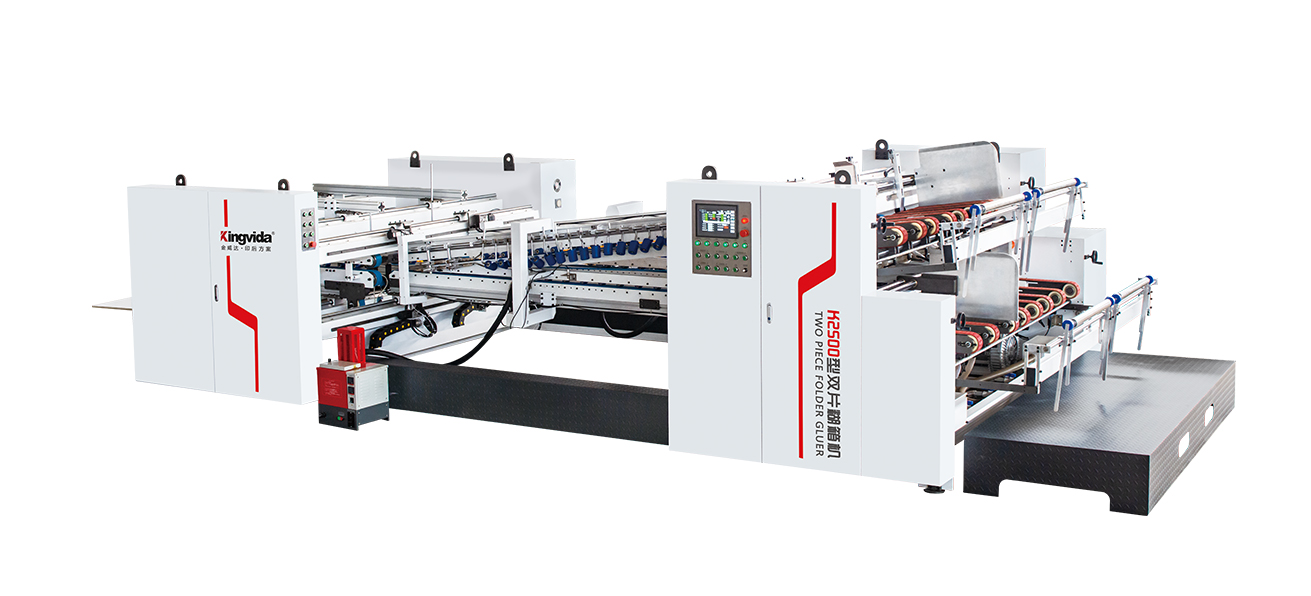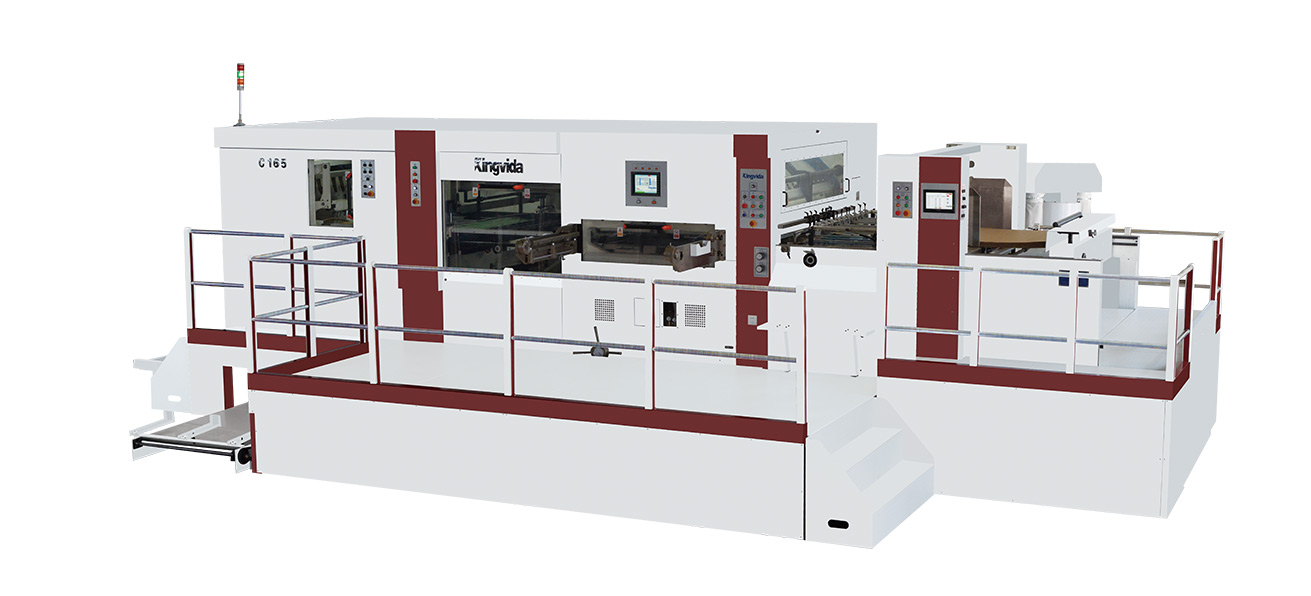How Are Carton Boxes Made?
Everyone has used corrugated boxes. But have you ever wondered how they are made? Does it need to be folded by hand or can it be done simply using a carton forming machine? You should know that corrugated boxes are made from trees. Below we will discuss the box manufacturing process step by step.

Steps in Box Manufacturing
1. The tree
While we ideally look for recycled cardboard for box production, at some point, a cardboard box begins life in the form of a tree. Typically, the trees used for box manufacturing are cork trees such as pine and fir. They are chosen because they have long fibers that help create a smooth surface for the cardboard and create the tension that adds strength.
Many manufacturers will choose wood from sustainable and managed woodlands; this means that any trees that are cut down will be replaced to help maintain the ecosystem of the forest. Depending on the tree used, the paper and board created will have different colors. For example, silver birch will produce a dark color, while spruce will produce a light brown color.
2. Pulp
By cutting down trees, wood chips are made. These wood chips are then broken down into pulp. This can be done by grinding the wood on a stone or by chemically cooking the wood chips. With this, you can add chemicals such as sodium sulfate to increase the strength of the pulp. For most paperboard, the pulp stays the same color. However, it can also be bleached to produce a white appearance.
3. Corrugated
Once the pulp is dry, you can start making the cardboard. For corrugated cardboard, it requires two sheets or cards called liners and a portion of fluted cardboard that sits between the liners. The grooving helps provide further strength and a higher level of damage protection for the cardboard.
Rolls of paper made from dry pulp are fed through corrugated rolls, which create ripples or folds in the paper. Depending on the quality of the box being manufactured, it will depend on the level of fluting required. This is used for high quality boxes since increasing the fluting results in higher material usage and therefore increased strength. For cheaper boxes, fewer grooves can be used, which helps save space, reduces the amount of material used, and can reduce carbon emissions.
Corrugators use hot steam to create the flutes. At the same time glue is rolled down each side of the flute so that it sticks to the liner. Once formed the corrugated board is then trimmed to provide straight edges.
4. Cutting
Now that you have the complete corrugated cardboard, it is time to cut the card to the right size according to the box requirements. A corrugated paper die-cutting machine is required for this process. A comprehensive guide is available and many machines are programmed to automatically cut the cardboard according to production requirements. Once the basic outline has been cut, the card is sent to the trimmer.

The trimmer is designed to handle the complex aspects that the cutter cannot handle. Trimmers can add handles to boxes and cut the flaps needed to make the boxes. The trimmer also scores the cardboard to make it easier to fold the box when it is ready to be assembled.
5. Assembly
Assembly will depend on the requirements of the box. For companies that want to build boxes on demand, the use of flaps and slots may be best. Other than that, boxes made with tape can often be built efficiently when needed. Often, for more robust boxes, glue and stitching is used to fold the sections together and keep the box secure.
Specific innovative machinery can build your boxes as needed. Carton forming machines can create the perfect size box for your needs to reduce waste and ensure the best fit. Boxes built specifically for you can dramatically reduce packaging production time.
Once assembled, the trim can be recycled and continue to be used in the box-making chain. After the boxes are branded, printed and used, they can be recycled and create a circular box manufacturing cycle.
Are you interested in learning more about the steps in box manufacturing machine? Contact us today to secure an expert consultation!


评论
发表评论